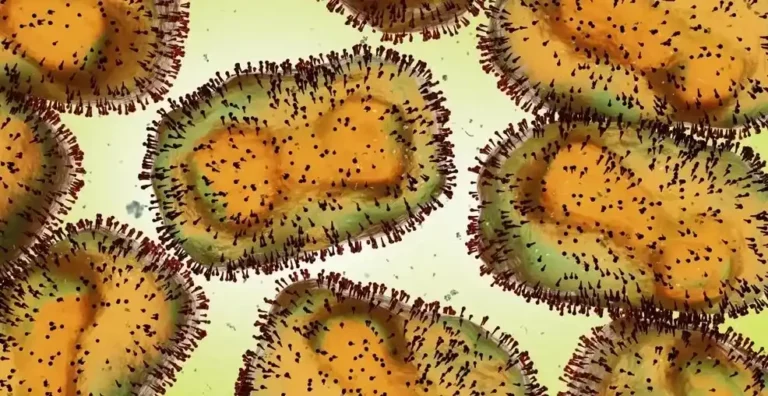The U.S., through the Centres for Disease Control and Prevention (CDC), has allocated nearly $1 million to Tanzania to bolster efforts against mpox (formerly monkeypox).
The funding will support mainland Tanzania and Zanzibar in enhancing disease surveillance, early detection, and infection control.
Key initiatives include improving cluster detection, strengthening healthcare infection control, and increasing border monitoring to curb mpox spread. The grant will also provide laboratory equipment, support Emergency Operations Centers for better data analysis, and fund public awareness campaigns.
U.S. Chargé d’Affaires Andrew Lentz emphasised the U.S. commitment to Tanzania’s health resilience, despite recent U.S. policy shifts raising concerns.
President Donald Trump’s announced withdrawal from the World Health Organisation (WHO) and a 90-day suspension of USAID-managed funds have sparked global health worries, particularly in Africa, where WHO guidance is critical.
The aid pause impacted programs like disease prevention and education, with sub-Saharan Africa, a recipient of $6.5 billion in U.S. aid last year, facing significant risks.
This funding signals continued U.S. support for Tanzania in addressing mpox and safeguarding public health.
Key Facts About Mpox
Mpox, caused by the monkeypox virus (MPXV), is a contagious disease related to smallpox.
Symptoms include painful rash, fever, swollen lymph nodes, and fatigue.
Most recover, but severe cases can occur, particularly in children, pregnant individuals, or those with weakened immunity.
- Virus Types: Clade I (Ia, Ib) and Clade II (IIa, IIb). Clade IIb has driven the global outbreak since 2022; Clade Ib has emerged outside Africa.
- Transmission: Spreads via close contact (skin-to-skin, sexual), contaminated items, or infected animals. High-risk groups include those with multiple sexual partners.
- Symptoms: Rash, fever, sore throat, muscle pain, lasting 2–4 weeks. Contagious until lesions heal.
- Complications: Can include pneumonia, sepsis, or brain inflammation; rarely fatal.
Diagnosis and Treatment
Mpox resembles chickenpox or herpes, requiring PCR testing of lesions for confirmation. Treatment focuses on symptom relief.
Vaccines are recommended for high-risk groups (healthcare workers, close contacts) and can be given pre- or post-exposure. No specific antiviral exists, but supportive care is critical.
Prevention
- Isolate until lesions heal.
- Wash hands, cover sores, and wear masks around others.
- Avoid scratching sores or sharing items.
- Monitor close contacts for 21 days.
- Use condoms for 12 weeks post-recovery.
Healthcare workers must use PPE and follow strict protocols. Tanzania’s new funding aims to strengthen these measures, curbing mpox’s spread effectively.




